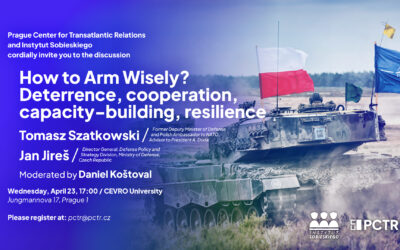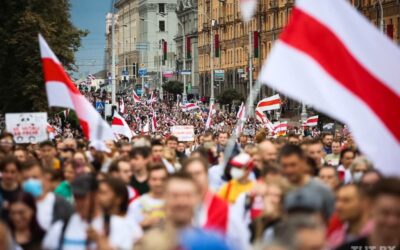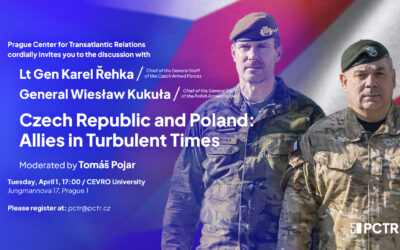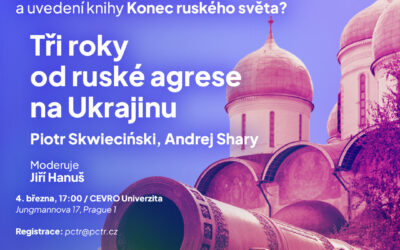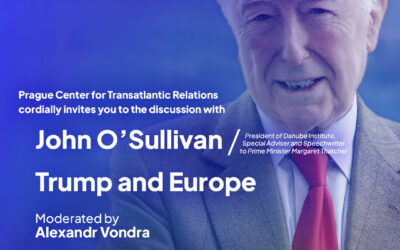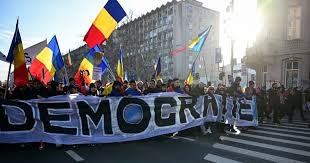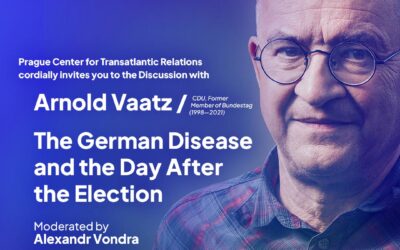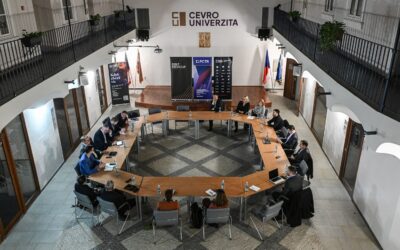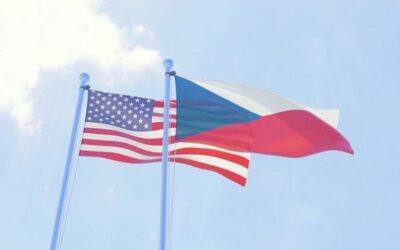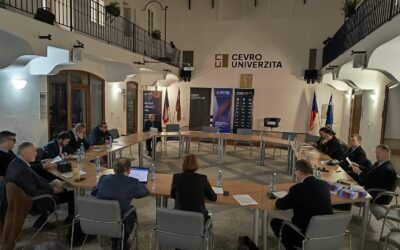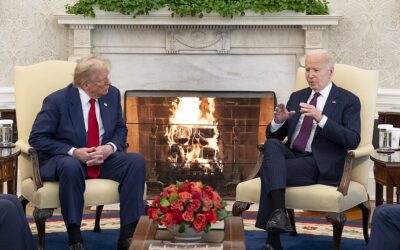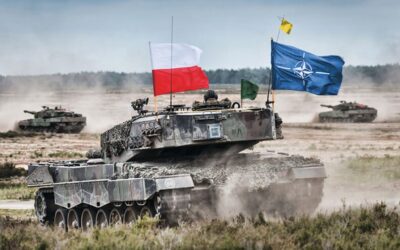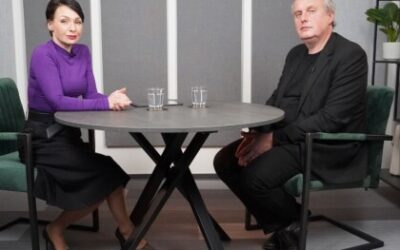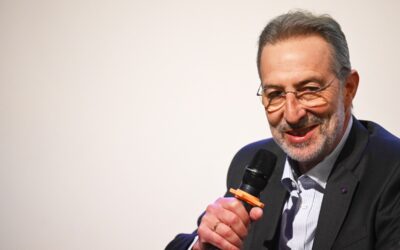Prague Center for Transatlantic Relations
Prague Centre for Transatlantic Relations (PCTR) is a research, education and advisory facility associated with CEVRO University, focused on international relations, security and Czech foreign policy.Recent Activities
How to Arm Wisely? Deterrence, cooperation, capacity-building, resilience
Czech and Polish perspective on the topic of the day: how to build our defence capacities in the context of the changing geopolitical situation. Our guests will be Jan Jireš and Tomasz Szatkowski, former deputy minister and Polish ambassador to NATO.
Belarus’ Future is European: Choosing Values over Fear
Roundtable discussions will bring together Belarusian and Czech experts, politicians, and diplomats to discuss key aspects of Belarus’s potential European integration as well as current political and security situation in the region.
EVENT CANCELED!!! / Czech Republic and Poland: Allies in Turbulent Times
UNFORTUNATELY, DUE TO THE CANCELLATION OF GEN. KUKUŁA VISIT TO THE CZECH REPUBLIC WE ARE FORCED TO CALL OFF THE EVENT!!! A discussion of the Chiefs of the General Staffs of Czech and Polish Armed Forces. An insight into the regional and continental security situation, the state of European defense and Czech-Polish military cooperation.
Three years after the Russian agression of Ukraine
Exactely three years ago Russia started the full-scale agression of Ukraine, profoundly changing the global political situation. Discussion with Piotr Skwieciński, Polish diplomat and journalist and Andrey Shary of RTE/Radio Liberty.
John O’Sullivan: Trump and Europe
How to re-conceive the relations between the United States and Europe in the light of the second Trump era? A discussion with one of the leading figures of the European conservative thought, John O’Sullivan.
A divorce between democracy and liberalism?
A conflict between democratic legitimity and liberal order is growing across the Western societies. In the current edition of the revue KONTEXTY we recommend a thematic bloc “Divorce between democracy and liberalism?” by our senior fellow Maciej Ruczaj.
The German Disease and the Day After the Election
A discussion with Arnold Vaatz, former member of Bundestag, about the crisis of the German economic and political model and the possible outcomes of the upcoming parliamentary elections. Moderated by Alexandr Vondra.
Financing the defense and security industry: an expert roundtable
Another meeting of the representatives of state institutions, private enterprise and analysts concerning the current challanges of the defesense and security policies.
Czech national interest and the new Donald Trump administration
Experts at the Prague Centre for Transatlantic Relations (PCTR) at CEVRO University have prepared a brief outline of the Czech Republic’s position on the occasion of the arrival of the 2nd administration of President Donald Trump. Czech version only.
Czech Republic and the second Trump administration
PCTR has organized an expert round table in order to discuss the possibilities of the Czech – American cooperation in the context of Donald Trump’s inauguration. The meeting was attended by numerous representatives of the Czech government and state institutions as well as former politicans and experts.
Joe Biden’s Leaving
Director of the Prague Centre for Transatlantic Relations (PCTR) at CEVRO University Kateřina Weissová summed up Joe Biden’s era in an article for CEVRO Arena.
Security first! – Polish presidency in the EU Council
Poland takes over the six-month presidency of the Council of the EU, with security issues at the top of the agenda.
Trump, Putin and the Czech national security. An interview with Tomáš Pojar
An interview with the member of the PCTR Board and the National Security Advisor Tomáš Pojar.
The Genius of Israel: meeting with Saul Singer
The story of Israel’s economic miracle and social resilience – the debate with Saul Singer.

Message from the Chairman of the PCTR Board
By joining NATO In 1999 the Czech Republic has gained the best security guarantees in its modern history. It does not mean that we are to idly sit with our hands folded in our laps and do nothing. Security cannot be taken for granted. The quality always depends on our will to do something for it and make sacrifices. This fact is applicable not only for us at home but also for cooperation with our allies. The world is not a safe place; security threats of today are less predictable and therefore potentially more dangerous.


